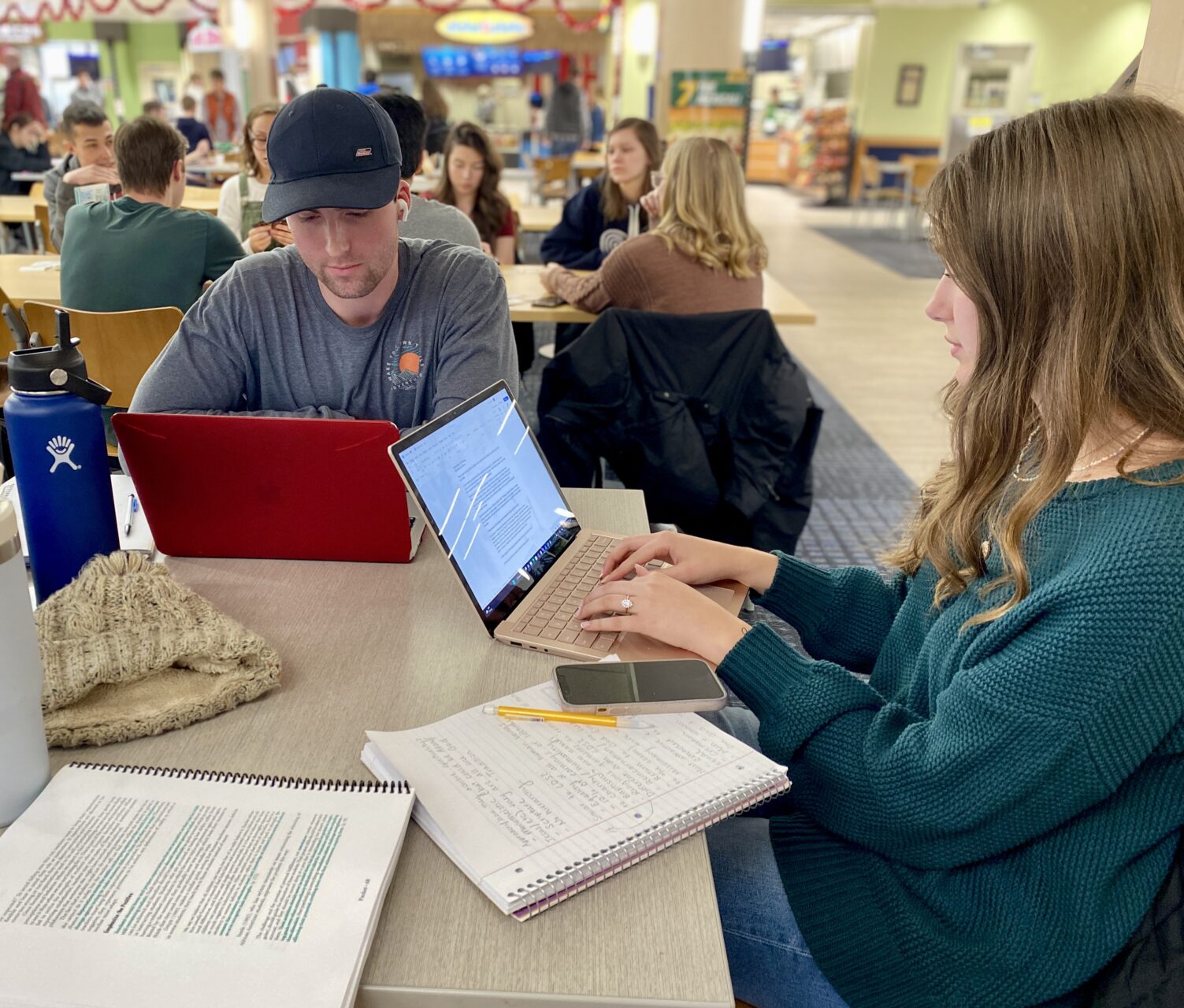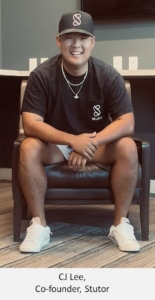The Daily Universe- BYU alumnus, former student athlete creates app to help connect students with tutors
A version of this article was originally published on The Daily Universe.
CJ Lee, a BYU alumnus and former student golf athlete, is working to help students find new ways to connect with tutors through his app Stutor.
Stutor aims to help students with homework or study help during all hours of the day, so they can get help when it is most convenient for them. Additionally, it is an opportunity for college students to make money easily by monetizing the knowledge they gained during college, according to Lee.
“Stutor is a peer-to-peer platform where we connect students to students at every university. We are like the Uber of tutoring,” Lee said.
Students and tutors can pre-register for Stutor on the app’s website before its release. The platform aims to launch at the beginning of March.
The idea behind Stutor was born when Lee was a junior at BYU and found himself behind on his coursework. He had a hard time finding help and as a full-time golfer for BYU, he missed TA and lab hours. He resorted to texting multiple friends for help, which ended up costing him more time.
“So, who is it that you can lean on during those times? It is not your professor. It is not your TA. It is other students,” Lee said.
When Lee was in college, he wondered why there was such a struggle for students when there are smartphones that have the “capability to do anything.”
Lee began to work on his app during the summer of 2021. He saw the advantages of providing services through smart phones.
“You are seeing this trend right now in tech where a lot of apps are hosting other apps like Uber, Lyft and Airbnb — where people are taking their existing positions and monetizing it,” Lee said.
He acknowledged college students are in need of money and most of them do not have homes or cars to make money from with the aforementioned apps.
“What do we all have? Education and knowledge. Knowledge that we have paid thousands of dollars for, so we should start to monetize,” Lee said.
Lee believes students are willing to be TAs and tutors because they want to use their knowledge to help others and get paid.
“We are going to teach kids how to make money now, using what they have paid thousands of dollars for,” he said.
John Blatter, a BYU marketing student and former tutor, wished he had something like this before.
“This will provide the much-needed flexibility that students need for employment. I’ve been a tutor before and have been tutored and I so wish I had this. I think this is such a great program and I am excited to see it benefit both tutors and those that are tutored,” Blatter said.

Any student can register on the platform to be a tutor, as long as they have a B average or higher in the specific course they want to help teach. Stutor will verify the student with the university and after that, the student-tutor can set their hours and rates.
On the other hand, if a student looking for help uses the app, it will ping all of the student tutors eligible to teach that class.
“It is a 24/7 marketplace for help,” Lee said.
Sydney Telford, a BYU pre-business student, is one of the first pre-registered students for Stutor.
“It’s hard when you need immediate help on something and can’t find help. I’m excited that I can have quality tutors available to help me whenever I need it,” she said.
Lee knows there are other websites and platforms like Chegg and Thumbtack that can help students find experts, but he believes Stutor is the better option for students because other students who have taken the same courses know how to help best.
Additionally, Lee pointed out the cost for help can be kept down with students helping each other, compared to the cost of services from professionals.
“What is the best and efficient way to help a student? It is someone who has taken that … specific class,” Lee said.



